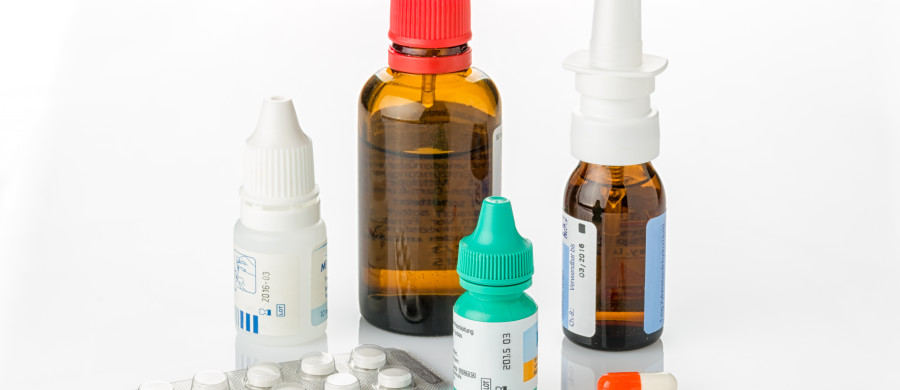There are a lot of non-prescription supplements on the market meant to improve eye health. However, very few of them have been looked at in large, controlled studies. So we don’t actually know if they are beneficial. And, in fact, some of them may be harmful!
Oral Supplements
I highly recommend Preservision AREDS 2, but only for patients who have been diagnosed with Aging Macular Degeneration. This medication is a combination of high dose vitamins and some trace minerals which have undergone very extensive testing. I am often asked if someone with a family history of this disease should also take this medication. But that has not been studied, so I don’t recommend that. Here’s why: a very small study done a couple of decades back showed that zinc might help macular degeneration patients. But it was discovered later that zinc interfered with copper absorption and that’s also an important mineral for the retina. So patients who took zinc may have done themselves more harm than good.
So, for patients with a family history of macular degeneration, I recommend a daily multivitamin, plenty of green leafy vegetables like spinach or kale, and sunglasses for outdoor use. I do not recommend any other supplements like Ocuvite for these patients.
For dry eye patients, there is some evidence that omega 3 fatty acids that can be found in fish oil or flax seed oil may be helpful. Vitamin E may also be helpful. However, I have seen no large, controlled trials of these supplements.
Eye Drops
There are some non-prescription eye drops that can be quite helpful for some conditions. And there are some which should be avoided.
Artificial tears can be very helpful for temporary or chronic dryness. These mimic the natural mix of water, oils and protein which make up tears. Brands like Refresh Optive, Systane Ultra and TheraTears are especially good. These should not be used more than six times a day unless a preservative-free option is chosen. Night time gels like Systane can be helpful as well. Avoid products which “get the red out” as these can become addictive or cause more serious problems. This includes Visine and some antihistamines like Naphcon-A.
Mast cell stabilizers like Zaditor or Alaway can be helpful for allergic symptoms. They can be used twice a day.
Eye Hygiene Products
For eyelid irritation or blepharitis (inflammation at the base of the eyelashes), baby shampoo applied to a warm wash cloth can be soothing and can help decrease inflammation. OcuSoft eyelid foam can also be helpful for this condition. This can be purchased in the optical department of the Boulder Medical Center.
-Donald McCormack, MDOP
If you would like to schedule an appointment with Dr. McCormack, please call (303) 440-3049.

